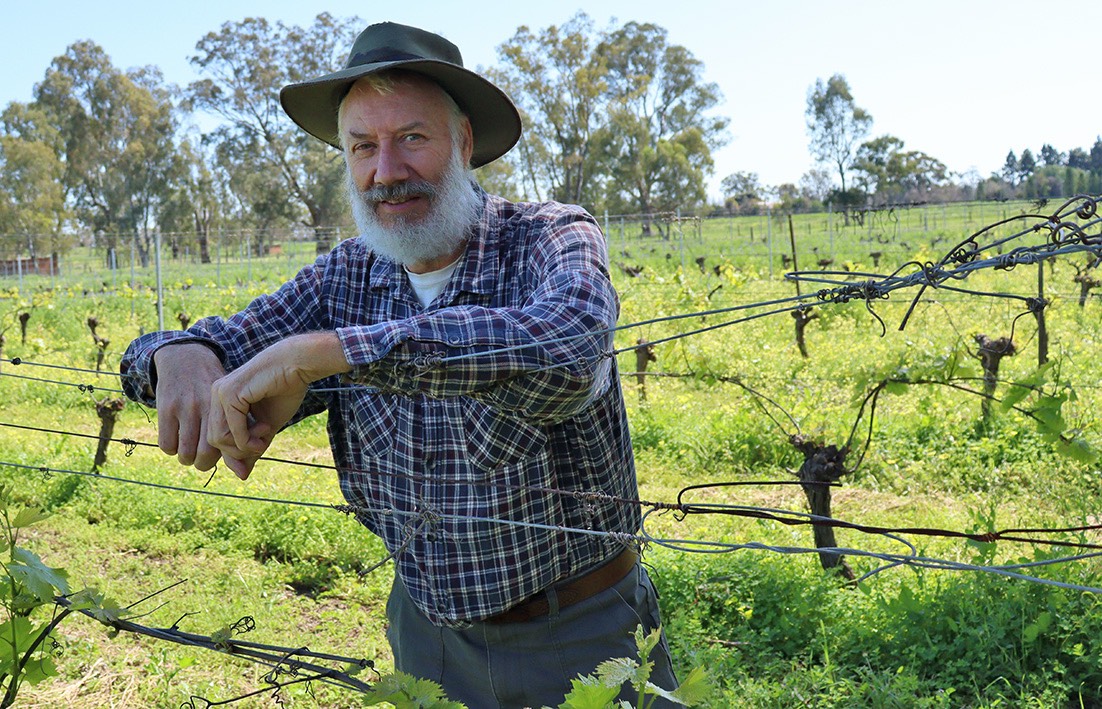
POLICY changes announced by the Director of Liquor Licensing include the claim small wine producers are big winners with the removal of quotas effectively opening the door for more local businesses to market and sell their product.
The Australian Hotels Association (WA) said new entrants to the wine industry would be supported by the deletion of an old policy which stated that a vineyard must have 1.5ha of vines or produce 5000 bottles of wine per year, which had discouraged small businesses and boutique wineries.
Echo News asked some Swan Valley winemakers to comment on the policy changes, which were announced on August 29.
Andrew Huxtable from Ugly Duckling Wines in West Swan said he understood one of the original rationales for needing vines for commercial/tourism activity in the Swan Valley was to support ongoing viticulture in the Swan Valley.
“The key issue is that economies of scale will always ensure it is cheaper to obtain juice-wine from outside the Swan Valley,’’ he said.
“It follows that any wine produced from vines in the Swan Valley will be more expensive.
“If there is no support or incentive for vines to be grown in the Swan Valley, they won’t be.
“As a cellar door in the Swan Valley we have chosen to always use local grapes (including our own) and local winemakers.
“If we have to compete with similar venues who have a lower cost base, supporting local growers and having our own vines makes no economic sense.
“Ultimately we will lose viticulture in the Swan Valley.’’
Duncan Harris from Harris Organic Wines said removing the restrictions allows the possibility of small producers to start with less vines.
“The question remains does that mean that more vines will be planted or more vines will remain in the Swan Valley,’’ he said.
“I don’t have an answer for that but I just question whether this change will be a benefit or not for the Swan Valley.’’
It is not apparent whether the unique situation of the Swan Valley was taken into account when considering the policy change.
But he said you have to be positive that more producers meant more energy and more vitality for any area.
“So that’s good – if you’re dynamic and a good marketer and you need more grapes to make more wine then that’s good for the Western Australian wine industry.’’
When the changes were announced Department of Local Government, Sport and Cultural Industries director general and Liquor Licensing director Lanie Chopping said the policy changes were overdue.
“We heard a lot of feedback that it was too complicated and not enough common sense being applied, so we’re fixing that,’’ she said.
“We want to see a thriving local hospitality and tourism industry where everyone can enjoy a great experience. Where we actively encourage and assist small and medium sized businesses to realise their ambitions and in doing so open up employment opportunities, particularly for young people.”